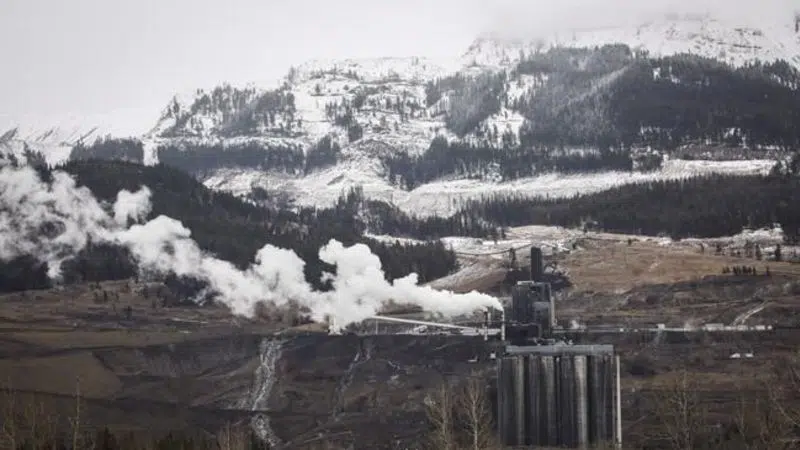
U.S. ramps up concern over B.C. pollution; eight senators write to premier
Eight U.S. senators say Canadian mines in British Columbia are endangering cross-border rivers through a combination of poor environmental assessments and inadequate monitoring.
“We remain concerned about the lack of oversight of Canadian mining projects near multiple transboundary rivers that originate in B.C. and flow into our four U.S. states,” says a June 13 letter signed by the senators and addressed to B.C. Premier John Horgan.
The senators are from Washington, Idaho, Montana and Alaska.
The letter fans a long-running dispute over pollution from coal mines in the southern part of the province.
